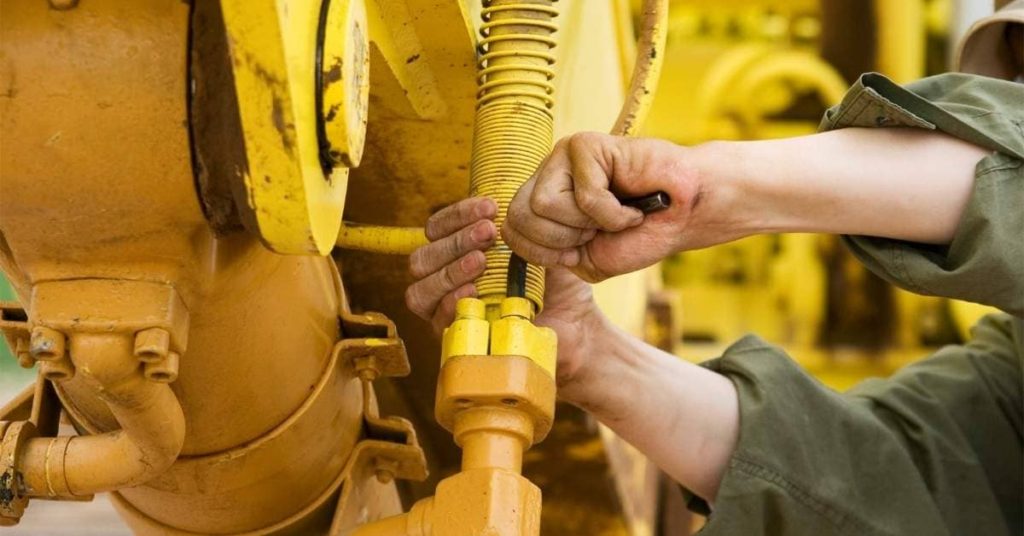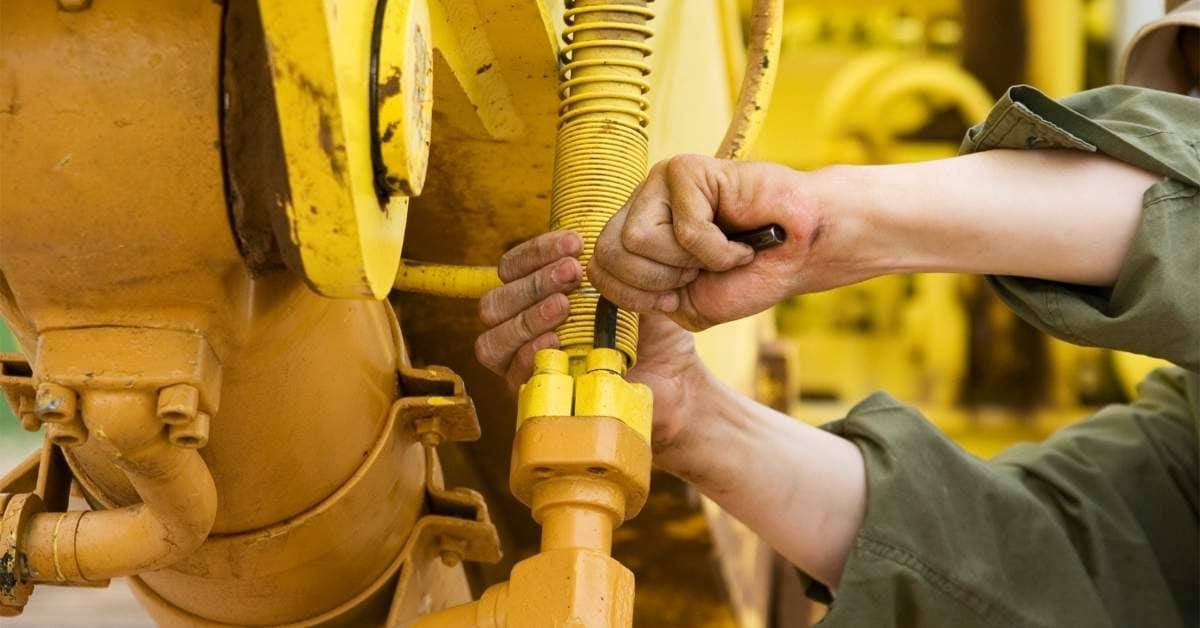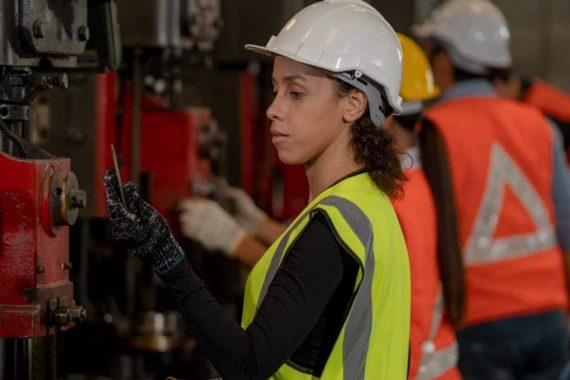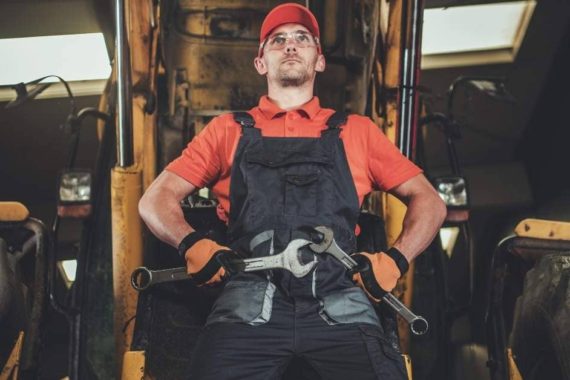
Introduction
Construction Mechanical Work faces a range of risks on the job, from injuries to illnesses. One major risk is back pain: we’re talking about lifting heavy items and materials, which can be a real burden. And if you’re working with high-pressure equipment and tools, which are often necessary for construction, you could be causing stress to your back and spine.
This chronic pain can lead to depression, which will prevent you from doing your best work. And if you have permanent injuries such as spinal stenosis or scoliosis caused by your work, it’s even worse–you may need surgery and rehabilitation to fix them. But there is an alternative! Mechanical construction workers use machines instead of their own bodies in order to complete projects like building houses or clearing away brush. These robots aren’t just more efficient than humans; they also help protect workers’ health by eliminating repetitive movements that cause wear and tear on joints over time/Mechanical Work
What is the Future of Construction and Why is it Important?
- Construction is a major source of employment.
- Construction is a major source of revenue. Mechanical Work
- Construction is a major source of income for the government.
- Construction is a major source of revenue for the government.
- What’s in store for future construction? Mechanical Work
The Good and the Bad of Mechanical Work
Mechanical work is good because it is easier on the body. The machines used in this kind of work are designed to do most of the heavy lifting so that you don’t have to strain yourself and risk hurting yourself in the process. In addition, many mechanical devices are automated, so they can complete tasks without the need for human intervention—which means no more back pain from twisting or bending over, or sore wrists from twisting metal pipes all day long!
However, mechanical work isn’t always as flexible as manual labor. Even if there are more options at your disposal when it comes to which types of equipment you use (for example: will I be using a shovel today or an excavator?), there may still only be one general direction in which you can take things next—namely: forward! Mechanical Work
How Much Does Mechanical Construction Cost?
- The mechanical construction is not necessarily more expensive than manual labor.
- Mechanical construction can cost more than manual labor.
- In some cases, mechanical construction can be more expensive than manual labor.
- In some cases, mechanical construction can cost more than manual labor.
The Pros and Cons of Mechanical Construction Workers
The mechanical construction is an alternative to manual labor, and it has a number of advantages. Mechanical construction allows you to work with less manpower than manual labor. Manual laborers are limited by the number of people they can hire, whereas mechanical workers can be smaller but more efficient machines that do not require as many people to operate them. This helps you save money on salaries and gives your company a competitive edge in the marketplace by providing greater efficiency at lower costs.
Another advantage of mechanical construction over manual labor is that it doesn’t require as much training or education since the machines do most of the work for you! If you don’t have enough experience in carpentry or masonry skills—or even if those aren’t your strengths—you may find it easier to learn how these machines work than learning how all those tools work!
The last main advantage is that these machines are safer than humans working outdoors all day long; this will also help reduce injuries that could occur due to repetitive motions or dangerous conditions such as heatstroke from working outside too long during summer months.”
Manual labor can be taxing, but mechanical construction workers allow you to get the job done while protecting the well-being of your employees.
Mechanical construction workers are an excellent alternative to manual labor because they provide a number of benefits. For starters, mechanical construction workers can work faster and more efficiently than manual laborers. This is due to the fact that they don’t have to take breaks or rest between projects, and they don’t require any downtime at all. This means that you can get your job done quickly without having to worry about losing money due to delays or unexpected costs.
Mechanical construction workers also allow you to get the job done in dangerous environments where humans would struggle greatly if not for their presence. For example, these robots can be used underwater or in space (even though such environments aren’t particularly hospitable for our carbon-based bodies). Additionally, mechanical construction workers can be used in all kinds of weather conditions – even storms!
Finally, with some modifications these machines are capable of doing tasks that even humans would find difficult (such as climbing) which makes them ideal for situations where there isn’t much room for error – like mining operations deep underground where safety must always come first over everything else.”
Conclusion
If you’re considering a career in the trades, I hope this post has given you some good information to think about. It’s my goal that mechanical work will become more popular than manual labor as a result of these articles. There are so many reasons to become a mechanic rather than an unskilled laborer, and I think that if you seriously consider all of them (including job security, earning potential, and learning opportunities), it will be pretty clear which path is right for you.




